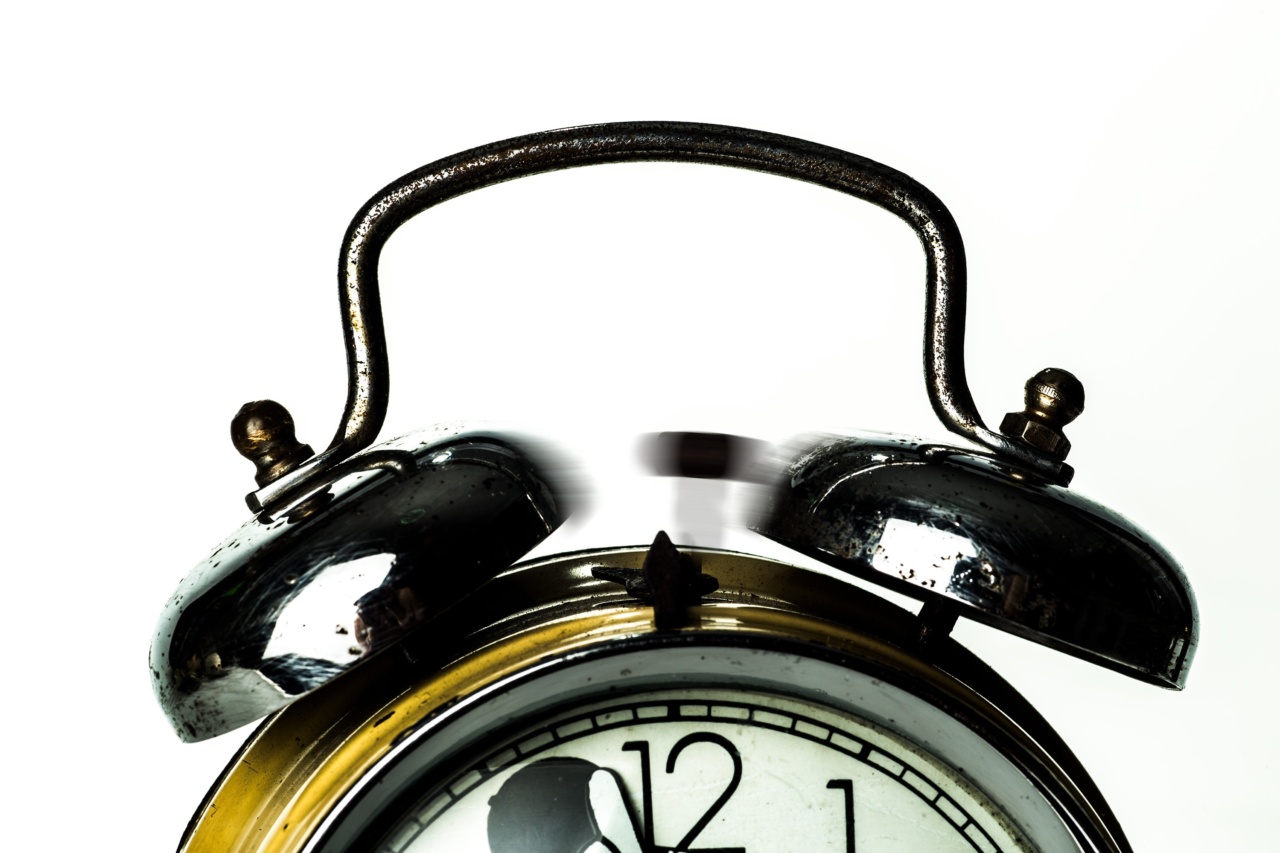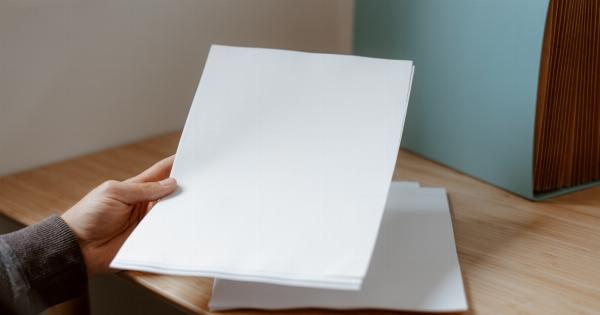Getting a good night’s sleep is crucial for our overall health and well-being. It allows our bodies and minds to recharge and prepare for the next day.
While there are several factors that can contribute to a restful sleep, one often overlooked aspect is the timing of our showers.
The Science Behind Sleep and Showers
Before we dive into the ideal timing for a shower, let’s understand the science behind sleep and showers. Our body temperature naturally fluctuates throughout the day, rising in the morning and falling in the evening.
This temperature drop signals our body that it’s time to unwind and prepare for sleep.
When we take a warm shower, the water raises our body temperature. This increase in temperature signals to our body that it’s not yet time to sleep, potentially delaying the natural temperature drop that promotes restful sleep.
However, as the warm shower water evaporates from our skin, it causes a cooling effect, replicating the body’s natural temperature drop. This cooling effect can aid in falling asleep faster and enjoying a deeper sleep.
Timing Your Shower for Optimal Sleep
When it comes to showering for sound sleep, timing is everything. To make the most of your shower routine and promote a peaceful slumber, consider the following guidelines:.
1. Evening Showers
Showering in the evening, preferably one to two hours before bed, can be beneficial for a good night’s sleep.
This timing allows your body to warm up during the shower and then experience the cooling effect from the evaporation, setting the stage for a deeper sleep.
2. Cool Shower Temperatures
Avoid hot showers before bedtime, as the high temperature can elevate your body temperature and delay sleep. Opt for a lukewarm shower instead, ensuring that the water is not too cold to be uncomfortable.
3. Utilize Aromatherapy
Incorporating relaxing scents, such as lavender, in your shower routine can promote relaxation and enhance your sleep quality.
Consider using lavender-scented shower products or adding a few drops of lavender essential oil to your shower gel for added benefits.
4. Avoid Stimulating Shower Products
While it’s essential to maintain good hygiene, be mindful of the products you use in the shower before bed. Avoid heavily scented or stimulating shower gels and shampoos, as they may energize your senses and make it harder to fall asleep.
5. Create a Calming Shower Routine
Transform your shower into a relaxing experience by incorporating calming rituals. Consider using gentle exfoliating scrubs, practicing deep breathing, or playing soothing music to help unwind before bed.
6. Consistency is Key
To optimize your sleep routine, consistency is vital. Establish a regular shower schedule that aligns with your bedtime, allowing your body to anticipate and prepare for sleep with the help of a warm shower.
7. Individual Variations
While the general guidelines mentioned above are a great starting point, it is important to listen to your own body and adjust your showering routine accordingly.
Keep track of how different showering times or temperatures affect your sleep quality and make adjustments as needed.
The Role of Showers in Sleep Hygiene
Showers can play a significant role in promoting good sleep hygiene. Incorporating a relaxing shower routine into your evening ritual can signal to your body that it’s time to wind down and prepare for sleep.
Combined with other sleep hygiene practices such as maintaining a consistent sleep schedule, creating a comfortable sleep environment, and limiting exposure to electronic devices before bed, showering can become a powerful tool for improving the quality of your sleep.
Conclusion
Next time you reach for the shower gel, remember that timing is everything when it comes to showering for sound sleep. Taking an evening shower, using cool temperatures, and incorporating calming rituals can significantly enhance your sleep quality.
Experiment with different showering routines and find the one that works best for you. By optimizing your shower routine, you can set the stage for a night of restful sleep and wake up feeling refreshed and rejuvenated.



























